Summaries of books about Science & Math:

Losing Earth
A Recent History
Nathaniel Rich
The book chronicles the crucial period from 1979 to 1989 when scientists, activists, and politicians began to grasp the reality of climate change and the need for action. It focuses on the missed opportunities and political struggles that prevented decisive steps from being taken to address the impending crisis.
See full summary
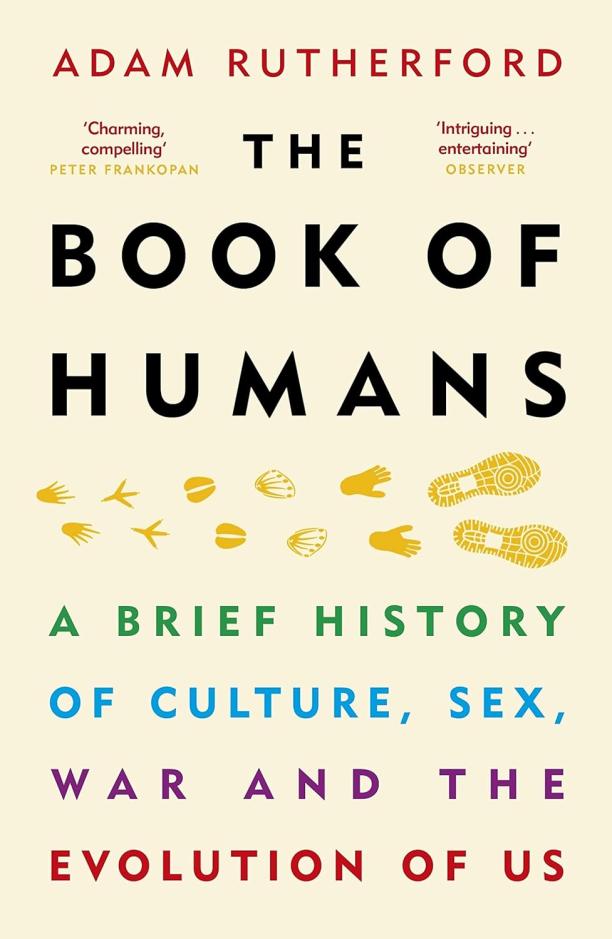
The Book of Humans
A Brief History of Culture, Sex, War and the Evolution of Us
Adam Rutherford
The book explores the unique characteristics that define humans, delving into our cultural practices, sexual behaviors, and the propensity for conflict, while examining how evolution has shaped these aspects of our species. It provides a scientific narrative that connects biological evolution with the development of human societies and behaviors, highlighting what sets us apart from other animals.
See full summary
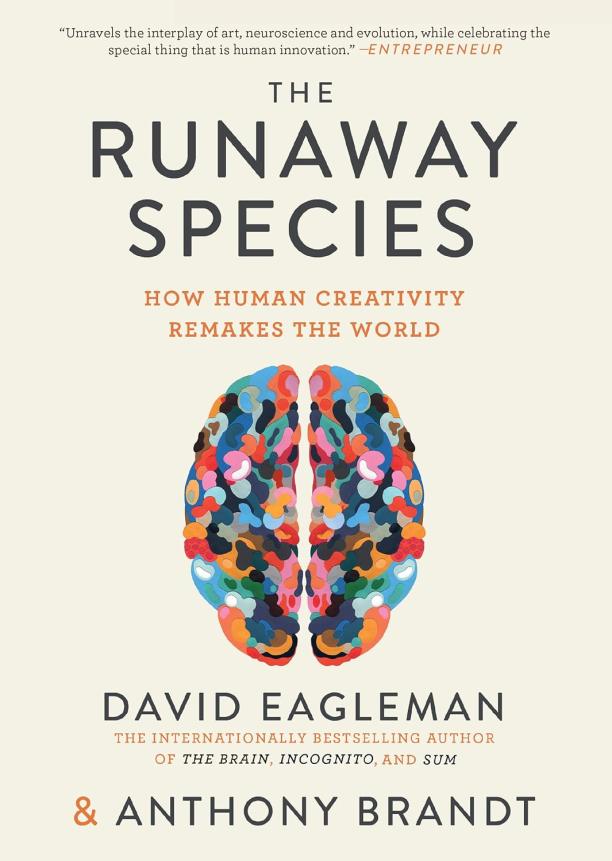
The Runaway Species
How human creativity remakes the world
David Eagleman|Anthony Brandt
The book explores the unique human capacity for creativity, examining how our brains generate novel ideas through bending, breaking, and blending familiar concepts. It delves into the processes behind innovation and artistic expression, and how these creative acts have driven the progress and transformation of human societies.
See full summary

Turing's Cathedral
The Origins of the Digital Universe
George Dyson
The book delves into the history of the digital age, focusing on the pivotal role of John von Neumann and his team at the Institute for Advanced Study in Princeton, who built one of the first computers to realize Alan Turing's vision of a universal machine. It explores the development of this technology and its profound implications for the future, intertwining personal stories, technological breakthroughs, and the philosophical implications of the digital universe.
See full summary

The Polyvagal Theory
Neurophysiological Foundations of Emotions, Attachment, Communication, and Self-regulation
Stephen W. Porges
The book introduces the Polyvagal Theory, explaining how the vagus nerve influences social behavior, stress responses, and emotional regulation. It delves into the neurophysiological mechanisms that underpin human relationships, communication, and the ability to self-regulate emotions and psychological states.
See full summary
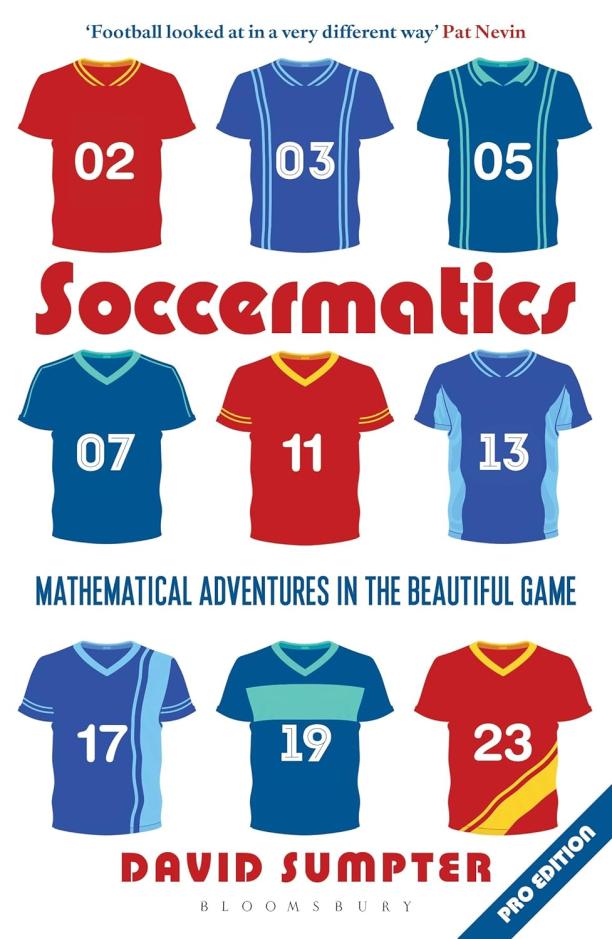
Soccermatics
Mathematical Adventures in the Beautiful Game
David Sumpter
The book explores the application of mathematical principles to soccer, analyzing patterns, strategies, and statistics to understand the game's complexities. It delves into topics such as predictive modeling of outcomes, network theory in team dynamics, and the geometry of player movements.
See full summary

The Laws of Thermodynamics
A Very Short Introduction
Peter Atkins
The book provides a concise explanation of the four fundamental laws of thermodynamics, which govern the flow of energy and its transformation from one form to another. It explores the wide-ranging implications of these laws, from their applications in engines and refrigerators to their profound relevance in the universe's structure and the flow of time.
See full summary
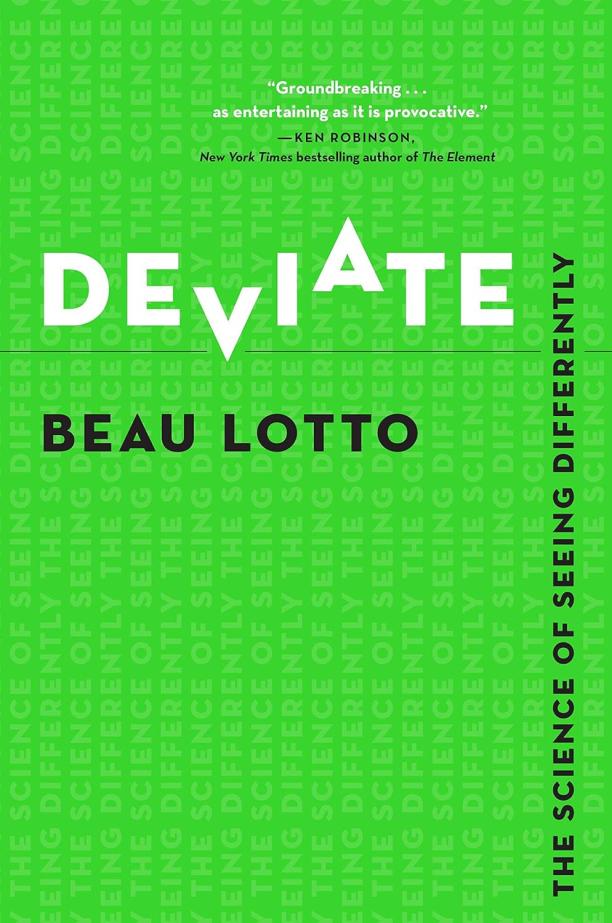
Deviate
The Science of Seeing Differently
Beau Lotto
The book explores the neuroscience of perception, illustrating how the brain constructs reality based on sensory inputs and past experiences. It delves into the ways in which understanding this process can lead to creative thinking and innovation by challenging our assumptions and embracing uncertainty.
See full summary
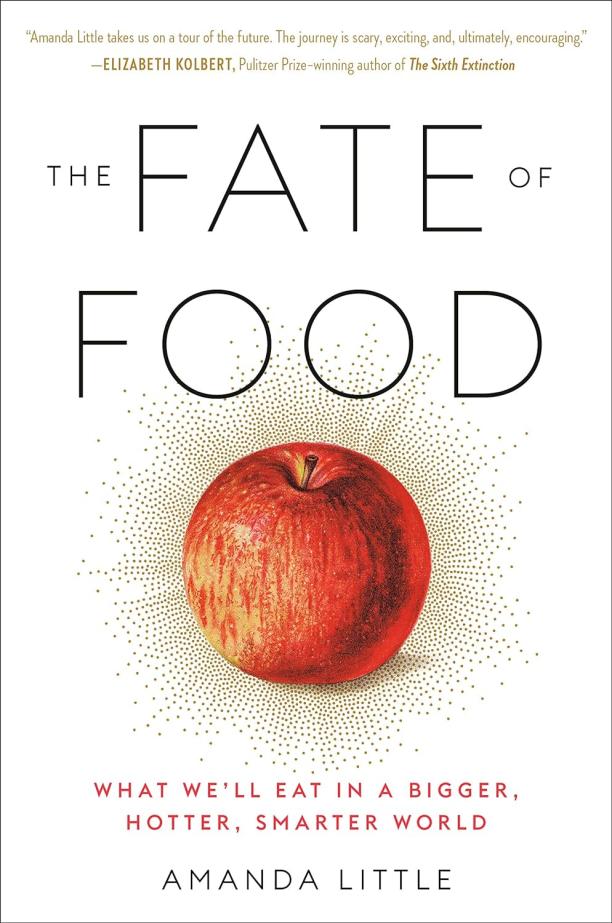
The Fate of Food
What We'll Eat in a Bigger, Hotter, Smarter World
Amanda Little
The book explores the challenges of feeding a growing global population in the face of climate change, resource scarcity, and technological innovations. It delves into the future of agriculture, examining both the potential of cutting-edge technologies and the importance of sustainable practices to ensure food security.
See full summary
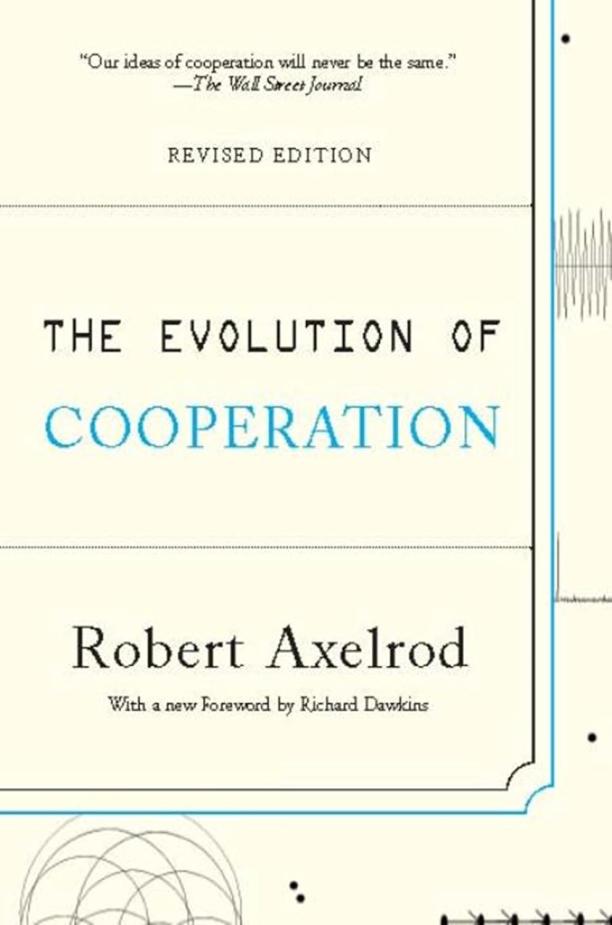
The Evolution of Cooperation
Revised Edition
Robert Axelrod
The book explores how cooperation can emerge in a world of self-interested entities through the lens of the iterated Prisoner's Dilemma game, demonstrating that strategies based on reciprocity can lead to stable and mutually beneficial partnerships. It combines interdisciplinary research, computer-simulated tournaments, and case studies to illustrate the conditions under which cooperation can evolve and be sustained.
See full summary